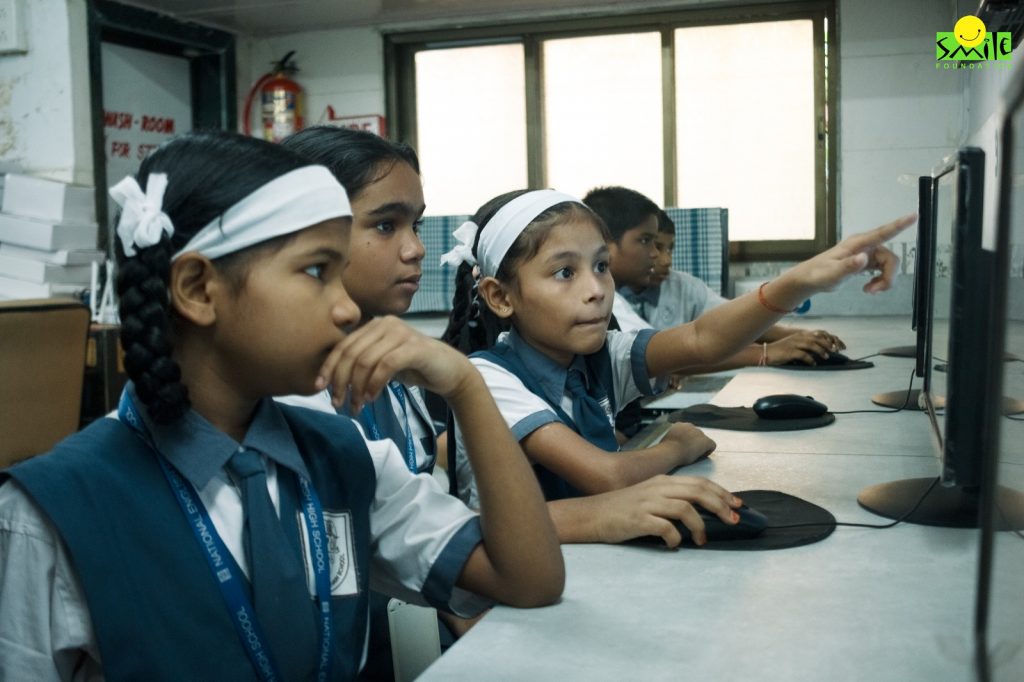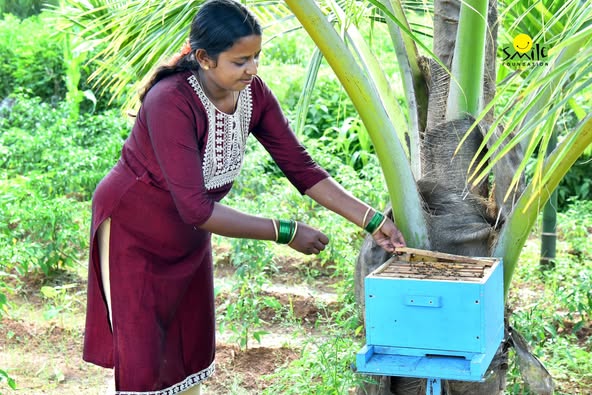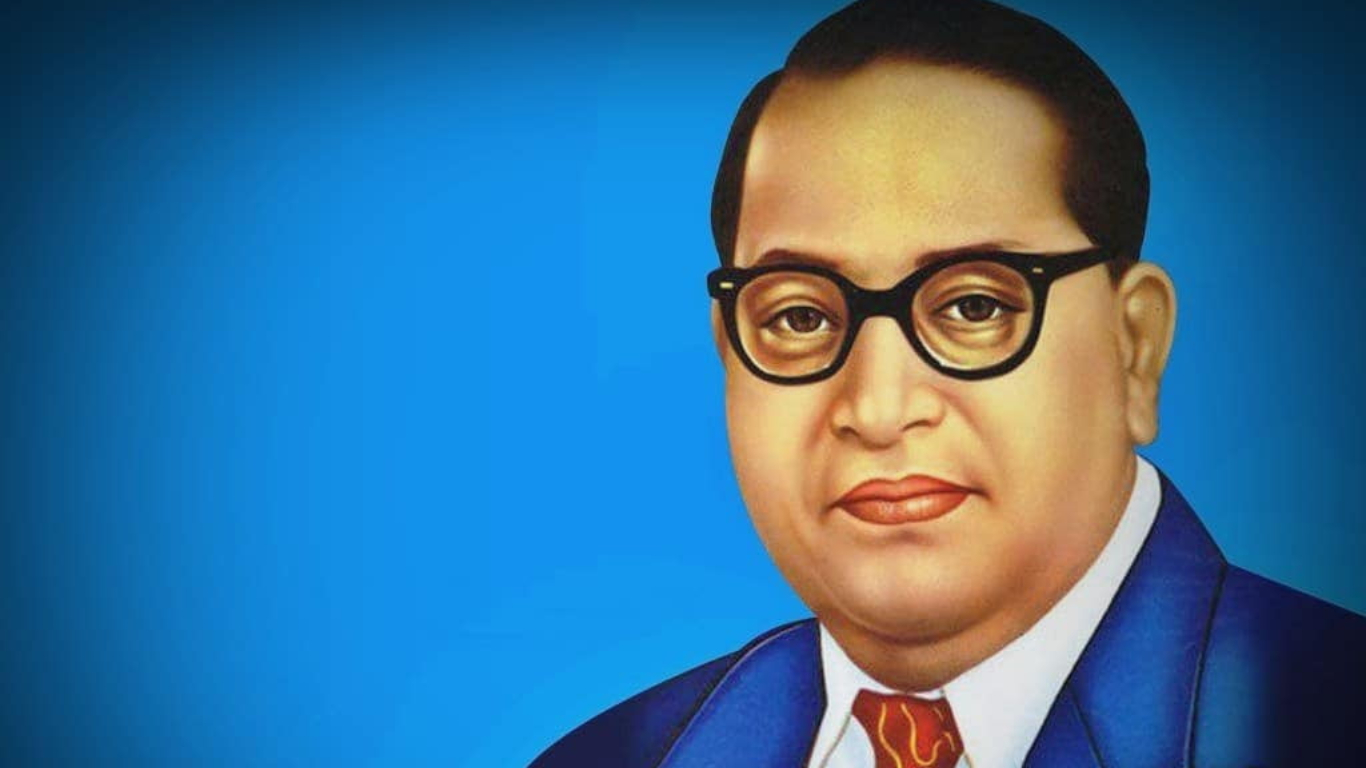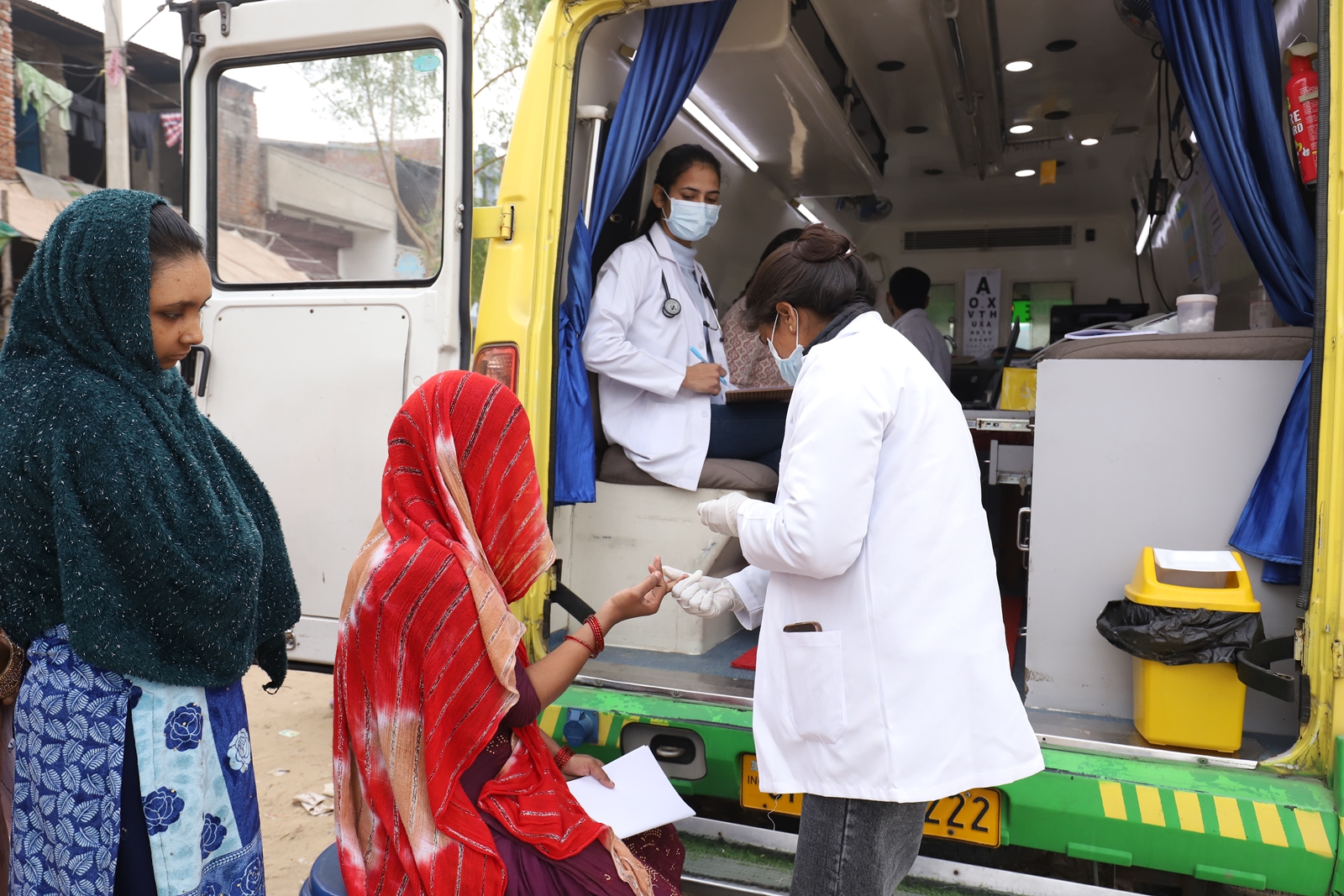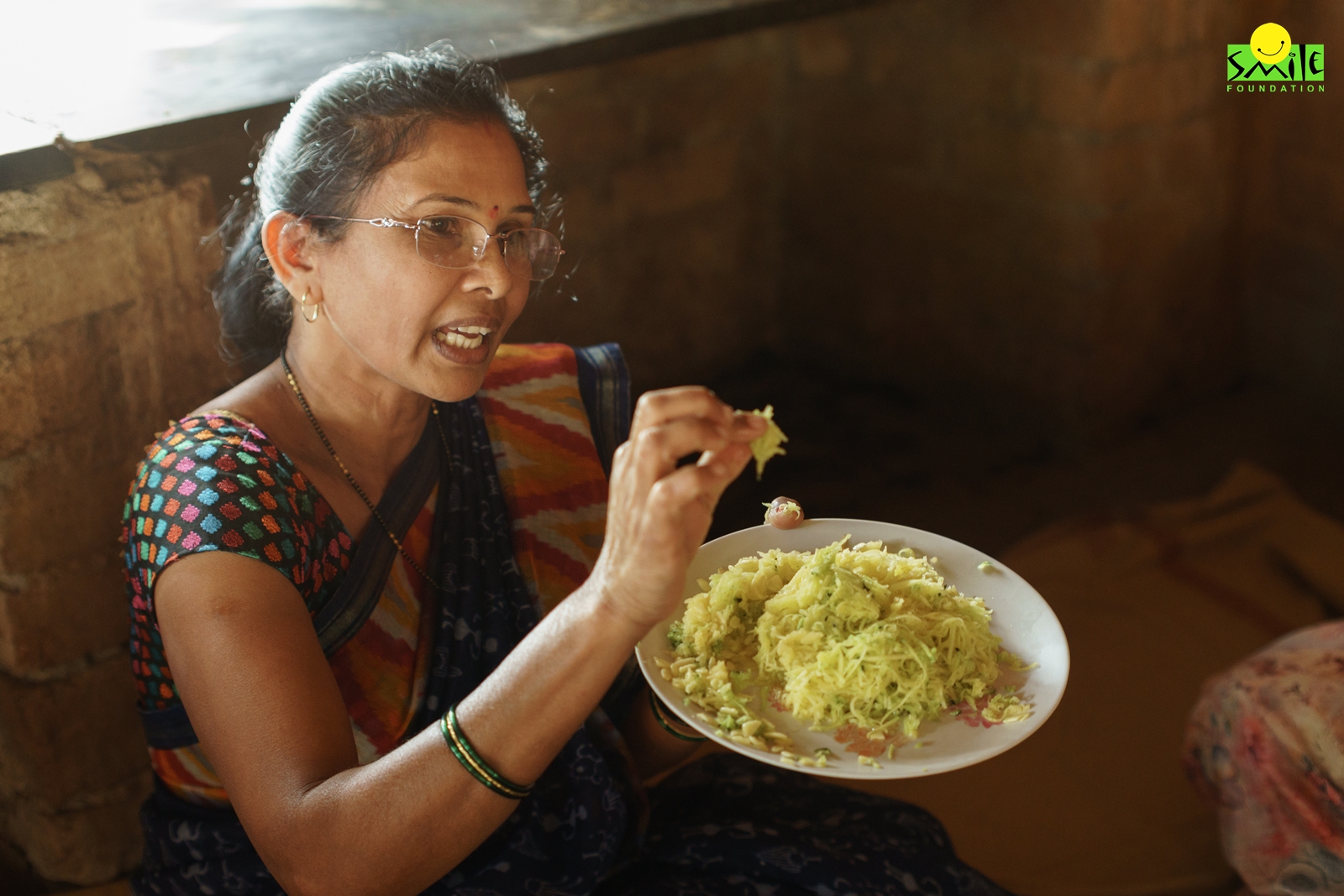Take the Good from the West, but the Countries Themselves Know Best
Education is a profound force shaping societies, driving economies, and cultivating identities. For nations in the Global South, many of which bear the enduring imprint of colonial rule, education stands as a symbol of hope—a medium to reclaim autonomy, nurture cultural heritage, and chart a path toward progress. Colonial powers once imposed Western curricula and ideologies, displacing indigenous knowledge systems and eroding local cultural practices. Today, these nations are at a crossroads. They are poised to draw from the West’s advancements while asserting their unique identities, crafting education systems that reflect their histories, cultures, and aspirations.
A legacy of colonization: The impact on education systems
The colonial past left an indelible mark on education across Asia, Africa, and Latin America. Colonizers prioritized their imperial interests, replacing local knowledge with Western curricula. In India, for instance, the British established an English-medium education system to create an intermediary class for governance, sidelining regional languages and traditional gurukul-based learning systems. Similarly, in African nations, colonial powers imposed Eurocentric education models, elevating European languages while marginalizing native ones.
This legacy perpetuated dependence on Western paradigms, often alienating students from their cultural roots. However, post-independence, these nations began acknowledging the need to reimagine their education systems. This reimagining wasn’t just a nod to history but a vital strategy to foster socio-economic growth and national pride.
But, what does decolonizing education mean?
By decolonizing education, the countries aim to reclaim the authority to define what and how their students learn. It involves integrating indigenous knowledge, contextualizing curricula to reflect local realities, challenging Eurocentric narratives, and addressing inequalities entrenched by colonial systems. This transformation is not just about revisiting the past but also about rethinking the future.
Decolonizing education involves rethinking traditional pedagogies and research methodologies, which may not be suitable for Indigenous or marginalized communities. It requires critically reevaluating values such as “meritocracy” and “competitiveness,” recognizing their cultural and contextual significance. To ensure inclusivity, the decolonization process must involve collaboration with diverse stakeholders—students, faculty, Indigenous leaders, and marginalized groups—leading to more inclusive knowledge production. Given the trauma caused by colonialism, reimagining higher education in the Global South also serves as a means of reconciliation and healing, both within educational institutions and across society.
Let’s face some truths…
Decolonizing education is a challenging task, as colonial systems have long shaped societal structures, governance, and global interactions. Reversing this legacy requires dismantling deeply ingrained ideologies and reintroducing marginalized knowledge systems.
A 2015 report by India’s Ministry of Human Resource Development reveals that the annual secondary school dropout rate among Indigenous children exceeds 40%, significantly higher than the national average of 25%. This disparity is rooted in the lasting impact of colonialism, with the disconnect between the medium of instruction and students’ native languages creating barriers to understanding. Additionally, the lack of culturally relevant content further marginalizes Indigenous communities, perpetuating cycles of exclusion and disadvantage.
A name stands out in the fight against this challenge. Boro Baski, an educator from West Bengal, is dedicated to preserving indigenous culture through education. He heads Bishnubati Adibasi Marshall, a school dedicated to preserving and promoting the Santali community’s language, traditions, and cultural arts. The school adopts a holistic approach, integrating indigenous knowledge with modern education to ensure that Santali children remain connected to their cultural roots while gaining the skills necessary to thrive in contemporary society.
Where does the Global South stand?
The countries of the Global South have come a long way since gaining independence and are in a quest to reclaim and reinforce their cultural identities.
Take India, for instance. Its National Education Policy (NEP) 2020 emphasizes the importance of multilingual education by promoting regional languages alongside English. The policy seeks to revive indigenous knowledge systems, such as Ayurveda and yoga. However, simultaneously, India has embraced Western innovations in STEM education and digital learning, ensuring its students remain competitive globally.
In South Africa, the post-apartheid era ushered in significant educational reforms following the #FeesMustFall (FMF) movement and the student protests of 2015-2016 calling for decolonisation of the curriculum. School curricula was revised to reflect the nation’s diverse histories and cultures, with African languages introduced in early education to reclaim cultural identity while maintaining global relevance in science and technology education.
Bolivia offers another compelling example. Its “Education Reform 1994” incorporates indigenous languages and worldviews into the national curriculum, honoring its multicultural identity, while simultaneously embracing global standards.
These efforts underscore that decolonizing education is not about rejecting Western advancements but about selective integration. The challenge lies in balancing these global assets with local relevance.
Why does decolonizing education matter?
Decolonizing education is not merely an endeavor towards cultural preservation; it is a socio-economic imperative. Education systems rooted in local contexts are more likely to address pressing issues like poverty, inequality, and climate change. Indigenous knowledge systems offer valuable insights into sustainable practices, community health, and conflict resolution—areas where Western frameworks often fall short.
Moreover, reclaiming educational sovereignty empowers nations to chart their development paths. It instills a sense of pride and identity among students, enabling them to contribute meaningfully to their societies while engaging with the global community on equal terms.
The end note
The journey of the Global South in decolonizing education is a testament to the resilience and vision of its people. Political resistance and the deep-seated influence of colonial legacies pose significant barriers, making the process challenging. Yet, countries are finding innovative ways forward. By blending the strengths of Western education with indigenous knowledge systems, these nations are forging pathways that are both globally competitive and rooted in local heritage. As the Global South addresses historical injustices, it offers the world an inspiring message: Progress thrives when diversity is celebrated, and true innovation emerges when we trust that each nation, with its unique history and aspirations, knows best what it needs.



